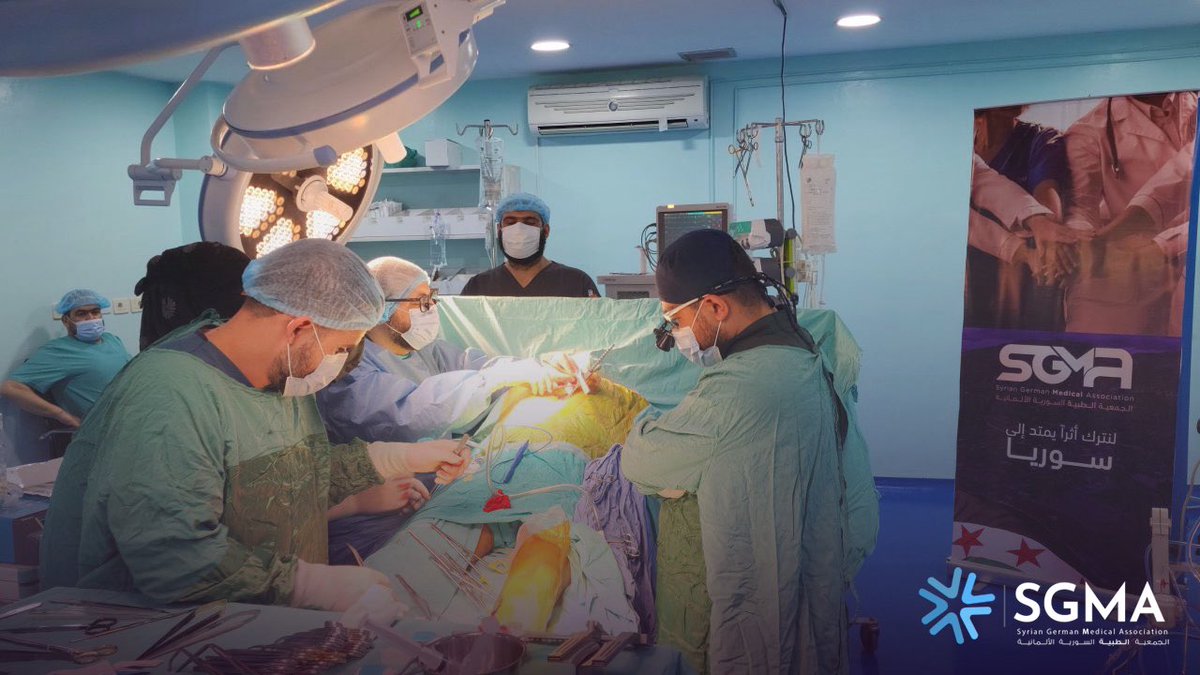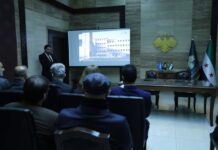
A growing number of Syrian doctors working in Germany are preparing to return to Syria following the fall of Bashar al-Assad’s regime, a trend that could deepen staffing shortages in Germany’s already strained healthcare system.
While the doctors’ efforts are hailed as a crucial step in rebuilding Syria’s devastated medical infrastructure, their potential departure from Germany is sounding alarms. With an estimated 10,000 Syrian doctors working across the country — many in rural hospitals and underserved regions — their absence could leave critical gaps in care.
“Whole areas in the health sector would fall away if all the Syrians who work here now were to leave our country,” German Interior Minister Nancy Faeser told the Washington Post.
The Syrian-German Medical Association (SGMA), founded in January, now counts more than 500 members. The group’s first medical mission in April sent 85 Syrian doctors to the country, where they performed surgeries, delivered lectures and assessed the country’s battered healthcare facilities.
“Before the war, Syria was a middle-income country with relatively good healthcare,” Dr. Ayman Sodah, a cardiologist based in Bavaria. “It’s clear that during [the past] 15 years, nothing has been renewed.”
According to DW, doctors like Sodah left Syria to escape the violence, regime repression or to continue medical training unavailable in war-torn areas. Many found stability and success in Germany. Now, with Assad ousted and Syria’s future uncertain but open, some feel compelled to return.
Those like Dr. Mustafa Fahham, a nephrologist in northern Germany recognizes it’s a dilemma, torn between lives built in Germany and a sense of responsibility to help Syrians back home. That responsibility is personal for many. A recent survey by the Syrian Medical and Pharmacists’ Association in Germany found that 76% of its members would consider staying in Syria permanently — if the conditions improve.
Push factors in Germany are also driving the decision. Rising xenophobia, anti-immigrant rhetoric, and a sense of not fully belonging have led some to reconsider their future. One doctor in Berlin recounted being mistaken for a native-born German—only to face racist remarks moments later.
Still, few plan to leave immediately. Most Syrian physicians are negotiating ways to split time between both countries, hoping to contribute to Syria’s rebuilding without abandoning their careers or families in Europe. The idea is to be a bridge, said Dr. Muaz al-Moarawi, who works in Gelsenkirchen. Moarwi recognizes that both Syria and Germany need doctors.
For now, that bridge remains tentative. But if conditions stabilize further in Syria, and Germany fails to address growing integration concerns, that bridge could become a one-way street — with serious consequences for German healthcare.








